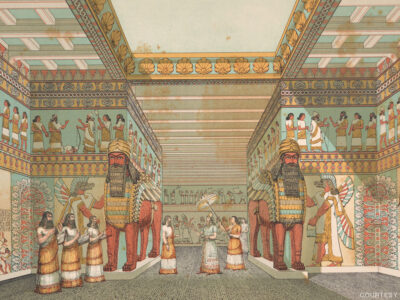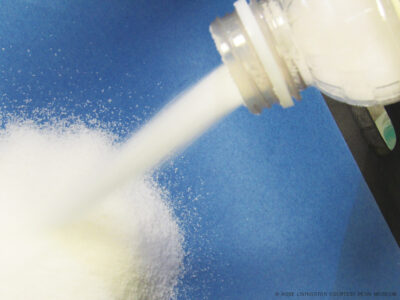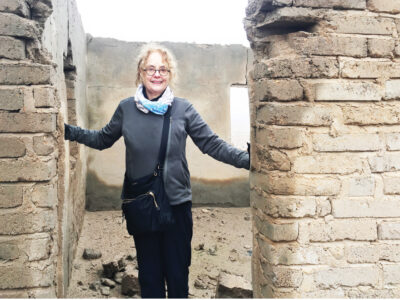Dr. Samuel Preston, dean of the School of Arts and Sciences and the Frederick J. Warren Professor of Demography, will step down from the deanship on December 31 to return to teaching and research. During his seven-year tenure, Arts and Sciences has recruited 183 new members, increasing its faculty size from 446 to 483; grown its endowment by 37 percent; and seen an increase of 15 percent in undergraduate applications. It has added several new programs and centers, including the Penn Humanities Forum, the Center for Africana Studies, the Solomon Asch Center for Study of Ethnopolitical Conflict, and the first criminology department in the Ivy League, along with the Jerry Lee Center of Criminology.
Construction has begun on a new life-sciences complex to provide lab space for the psychology and biology departments, and plans have been made for renovations to Bennett Hall, the Music Building, and other SAS sites.
According to University President Judith Rodin, Preston has “brought impressive discipline to the strategic and financial planning needed to support” Penn’s academic mission. “As all who know him will agree, Sam has an unusual blend of pragmatism and vision, and he has brought both those qualities into play in his quest to provide the best environment possible for both students and faculty.”
A scholar in Mesoamerican studies will take the helm of the University of Pennsylvania Museum of Archaeology and Anthropology on July 1. Dr. Richard M. Leventhal, currently the president and chief executive officer of the School of American Research (SAR) in Santa Fe, has been named the Williams Director of the museum, succeeding Dr. Jeremy Sabloff C’64. Before coming to SAR, Leventhal was director of the Cotsen Institute of Archaeology at UCLA.
Though his excavations and research projects have focused on the culture and civilization of the ancient Maya, his most recent publication is Archaeology in the Mediterranean: The Present State and Future Scope of a Discipline, coedited with John Papadoupoulos.
Rodin cited Leventhal’s “proven leadership and bold vision” as qualities that will bolster the Museum’s mission of education, research, and artifact preservation.
—S.F.




